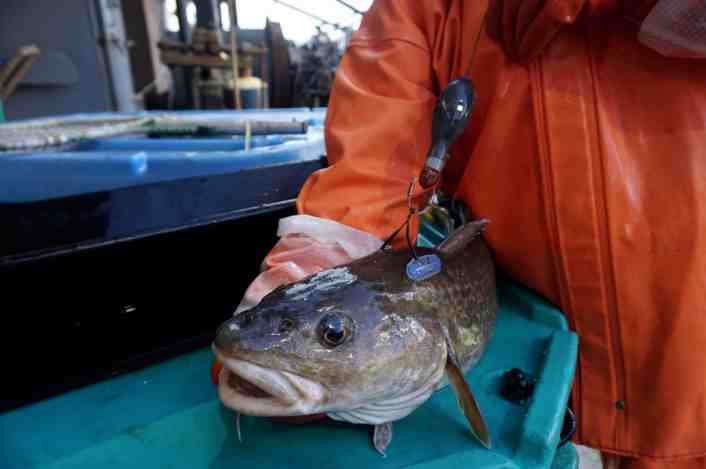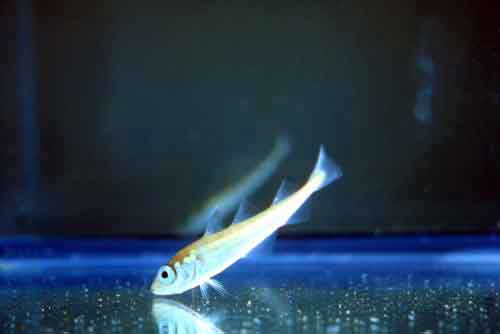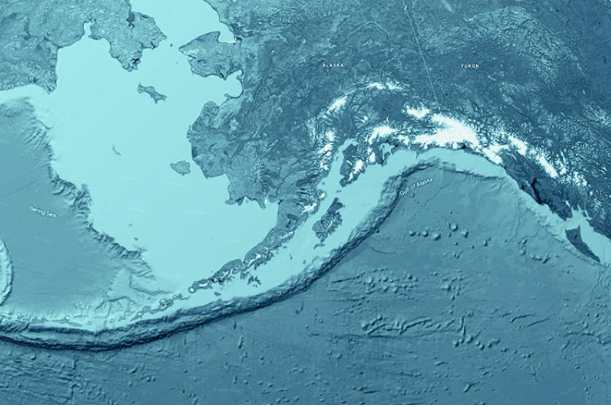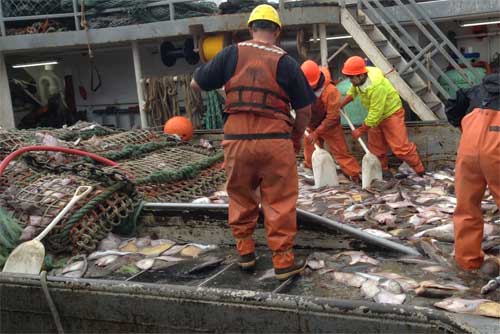[dropcap]T[/dropcap]he parallel Pacific cod season for Alaska’s Prince William Sound ends at midnight Dec. 31 for pot gear and state-waters seasons for longline and jig gear, with the parallel P-cod season then immediately opening to pot, jig and longline gear.
State biologists are reminding harvesters to land all fish caught in the 2018 fishery with 24 hours following the closure and before beginning the 2019 season. The Prince William Sound parallel P-cod season closures for jig and pot gear coincide with their respective closures in the adjacent federal Central Gulf of Alaska regulatory area. The Prince William Sound parallel season closure for longline gear meanwhile coincides with the federal closure of the less than 50-foot hook-and-line gear sector in the Central Gulf of Alaska.
Prince William Sound parallel P-cod season registration must be completed with Alaska Department of Fish and Game officials prior to beginning that fishery. Participants using pot or longline gear in parallel P-cod fisheries must also have a functioning National Marine Fisheries Service approved vessel monitoring system and adhere to federal seabird avoidance measures.
Also coming up for Prince William Sound groundfish harvesters is the start of the directed walleye Pollock fisheries for pelagic trawl gear scheduled to open at noon on Jan. 20 The registration deadline for that fishery is 5 p.m. on Jan. 14. Registration for the Prince William Sound Pollock pelagic trawl fishery will be issued only to those who have a 2019 miscellaneous saltwater finfish permit card for trawl gear. Those permit card applications are available from ADF&G offices, online at www.cfec.state.ak.us, or from the Commercial Fisheries Entry Commission at 1-907-589-6160.
The available harvest is set at approximately 900,000 pounds.
ADF&G will be soliciting bids for a test fishery, which funds research in Prince William Sound, prior to the start of the season.
[content id=”79272″]
All Pollock caught during the Pollock pelagic trawl fishery must be brought on board the vessel and retained, even if this results in a trip limit overage, state officials said. Excess Pollock above the trip limit must be weighed and reported as a trip limit overage on an ADF&G fish ticket.
Once the allowable harvest limit within each section is attained, the directed trawl fishery within that section will be closed by emergency order.
Fishermen’s News Online grants permission to the Alaska Native News to post selected articles. Read More at: Fishermen’s News Online.








